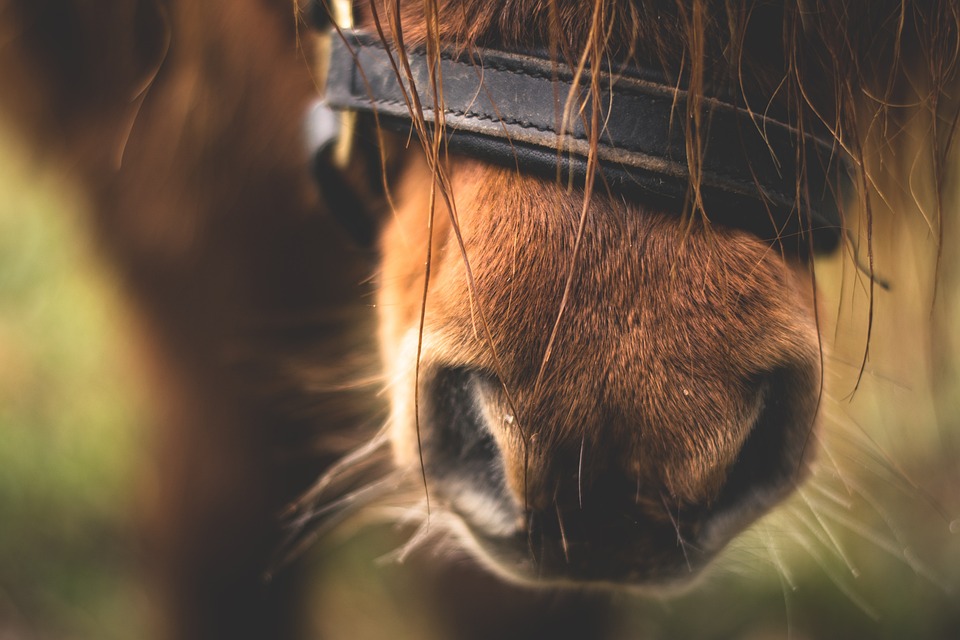Precision farming, also known as precision agriculture, is a modern farming approach that utilizes technology to optimize crop yields and minimize input waste. This method involves the use of advanced technologies such as GPS, sensors, drones, and data analytics to monitor and manage various aspects of farming operations. Professor Haryadi, an advocate for tech-empowered agriculture and animal husbandry at Universitas Gadjah Mada, believes that precision farming holds great potential for small-scale farmers to achieve success in their agricultural endeavors.
One of the key benefits of precision farming is its ability to provide farmers with real-time data and insights about their crops and livestock. By using sensors and drones, farmers can monitor factors such as soil moisture levels, nutrient content, and pest infestations, allowing them to make informed decisions about irrigation, fertilization, and pest control. This data-driven approach enables farmers to optimize their resources and maximize their yields, ultimately leading to increased profitability.
In addition to improving crop yields, precision farming can also help small-scale farmers reduce their environmental impact. By using precision technologies to apply fertilizers and pesticides only where and when they are needed, farmers can minimize the amount of chemicals that are released into the environment. This not only helps to protect the surrounding ecosystem but also ensures the long-term sustainability of the farm.
Professor Haryadi emphasizes the importance of adopting precision farming practices in animal husbandry as well. By using technologies such as RFID tags and GPS trackers, farmers can monitor the health and behavior of their livestock more effectively. This allows farmers to detect signs of illness or distress early on, leading to better animal welfare and higher productivity.
Furthermore, precision farming can also help small-scale farmers improve their overall efficiency and profitability. By automating certain tasks and streamlining their operations, farmers can reduce labor costs and increase their output. This can be particularly beneficial for small-scale farmers who may have limited resources and manpower.
Overall, Professor Haryadi believes that precision farming has the potential to revolutionize small-scale agriculture and animal husbandry. By harnessing the power of technology, farmers can overcome the challenges they face and achieve greater success in their farming operations. As the world population continues to grow, the need for sustainable and efficient farming practices will only become more critical. Precision farming offers a promising solution to help small-scale farmers meet this demand and thrive in the ever-changing agricultural landscape.





